“Why am I okay with this choice?” I thought to myself as I held L2 to aim. I pulled R2, then asked, “Master Chief in Halo probably wouldn’t have a similar player choice to murder a helpless marine with the Flood desperately chasing after him… would he?”
Master Chief is one of the most iconic heroes of all time, and he kills things constantly. Heroes like Master Chief fulfill fantasies we’ve all had as kids: saving the world from an unstoppable alien threat. The Last of Us is brilliant in that it attracts players with its simple zombie apocalypse story, but has you stick around for its incredibly complex characters. In The Last of Us you play a grizzled apocalypse survivor with the simple task of taking cargo to a location. The stakes are easy for players to grasp from the beginning, but they get higher and higher as both you and Joel get more and more invested in the “cargo” as the game progresses. From beginning to end, The Last of Us is constantly asking players to make life-or-death decisions. The same ingredients in your crafting tree make either a molotov cocktail or a health kit, for example. Choices like the one pictured above can only be made by a morally ambiguous character which a player can intimately connect with.
Players given similar choices in Halo would almost always decide to save a life, because the fantasy of all the Halo games is simple: space marine that saves the universe from ugly aliens. Who wouldn’t want to save the human race from an invading alien species?
If I’m being honest, however, fantasies with less clear intentions are the reason I am a game designer. Games that ask a player to make difficult choices at every moment of gameplay attract me more than something as “simple” as saving the world.
Characters in other games like Heavy Rain, God of War, or Red Dead Redemption II expose players to difficult choices with one common thread: their characters are not out to save the world. Instead, these characters are protecting someone from the dangers of the rest of the world. Players are exposed to choices that effect the outcome of the character relationships in the game, not the stakes themselves.













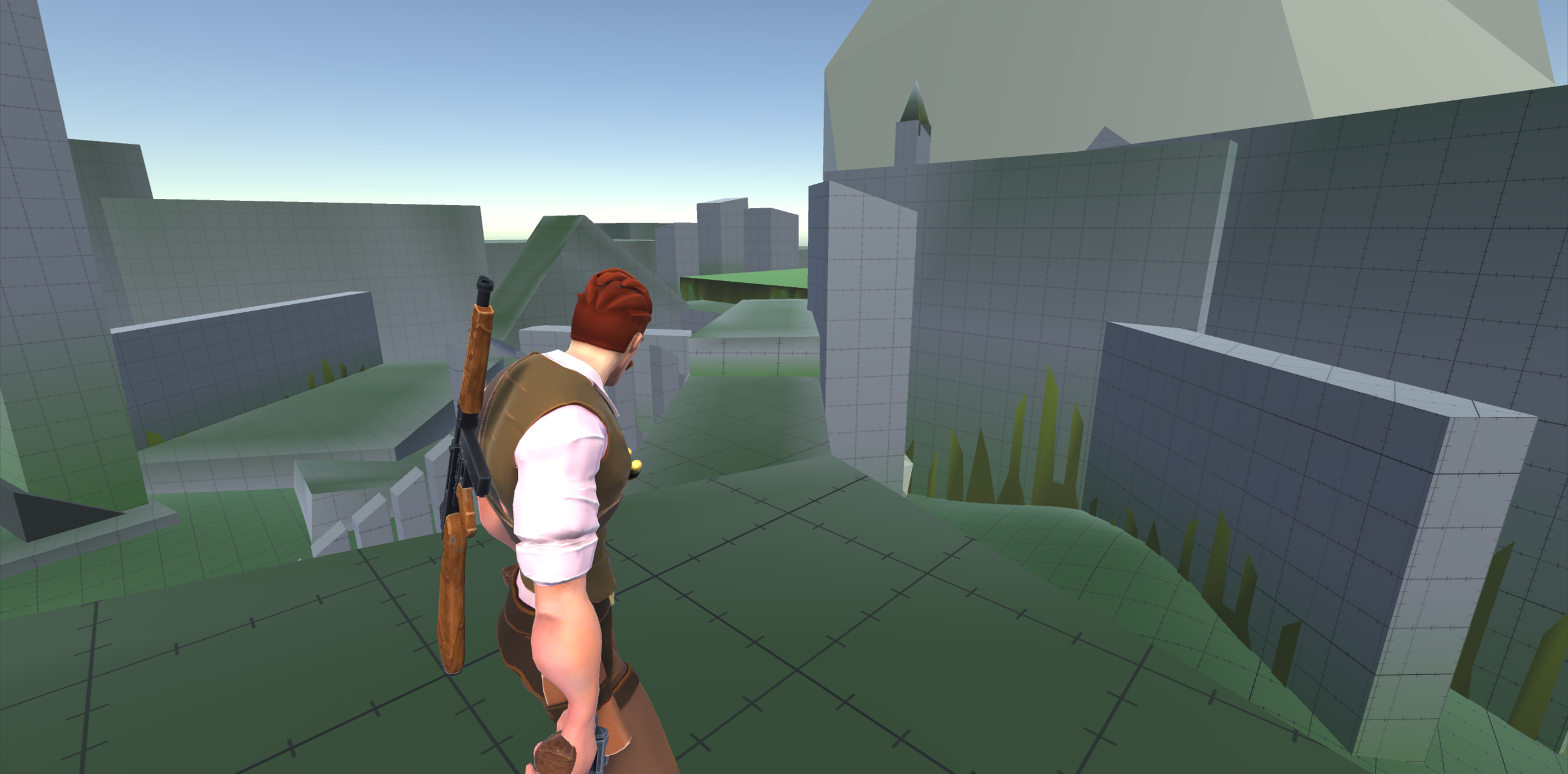
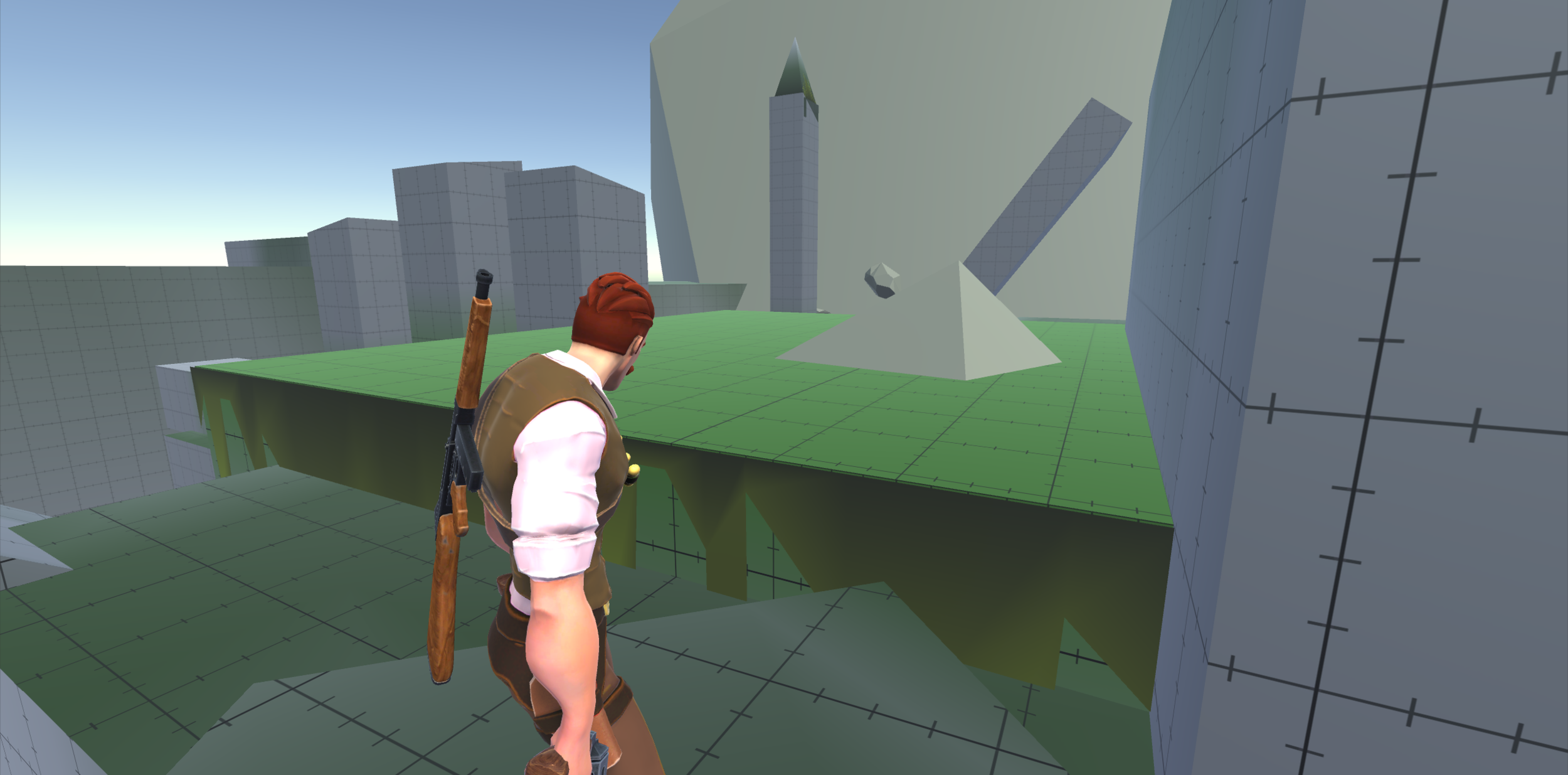


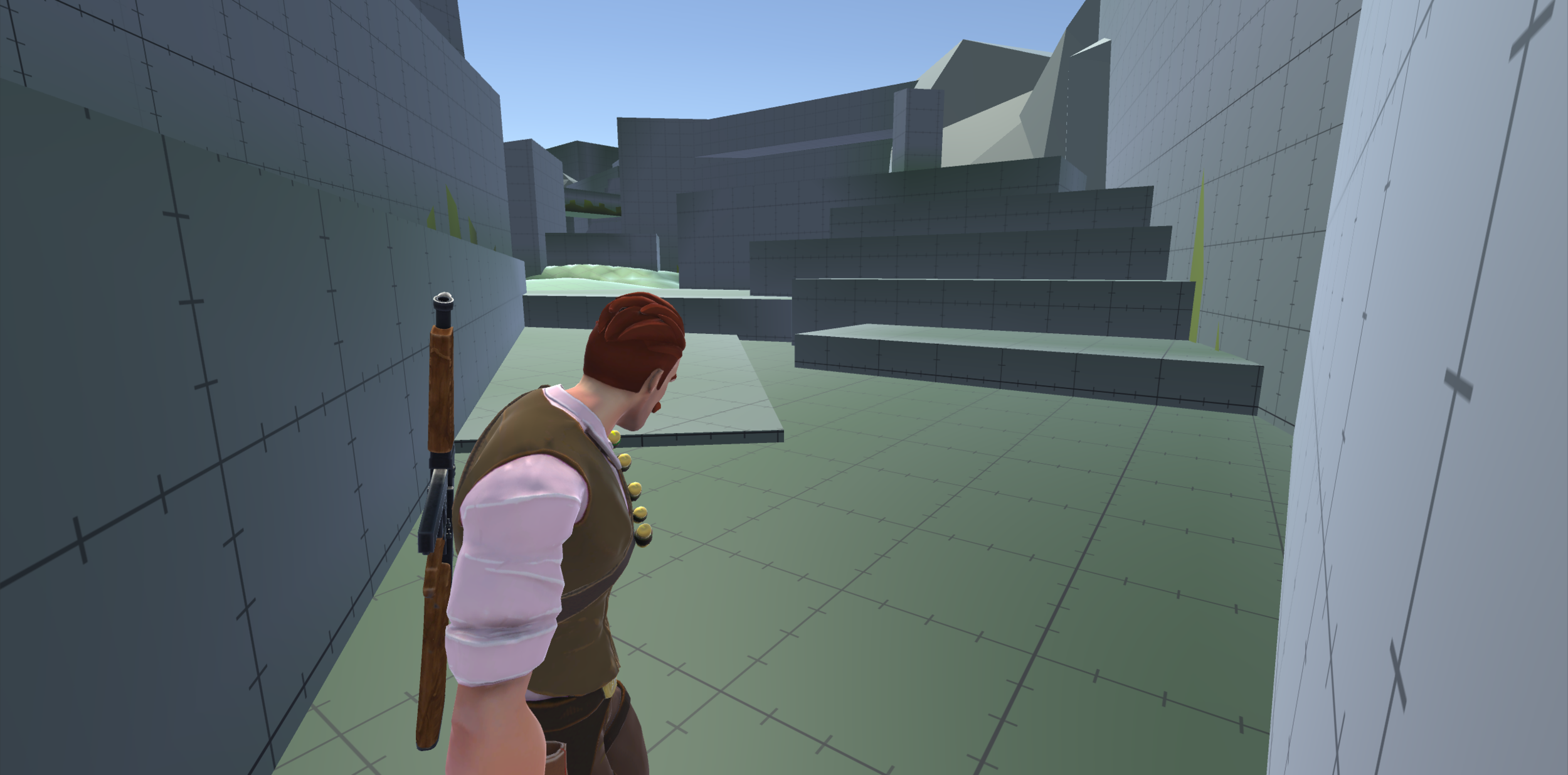
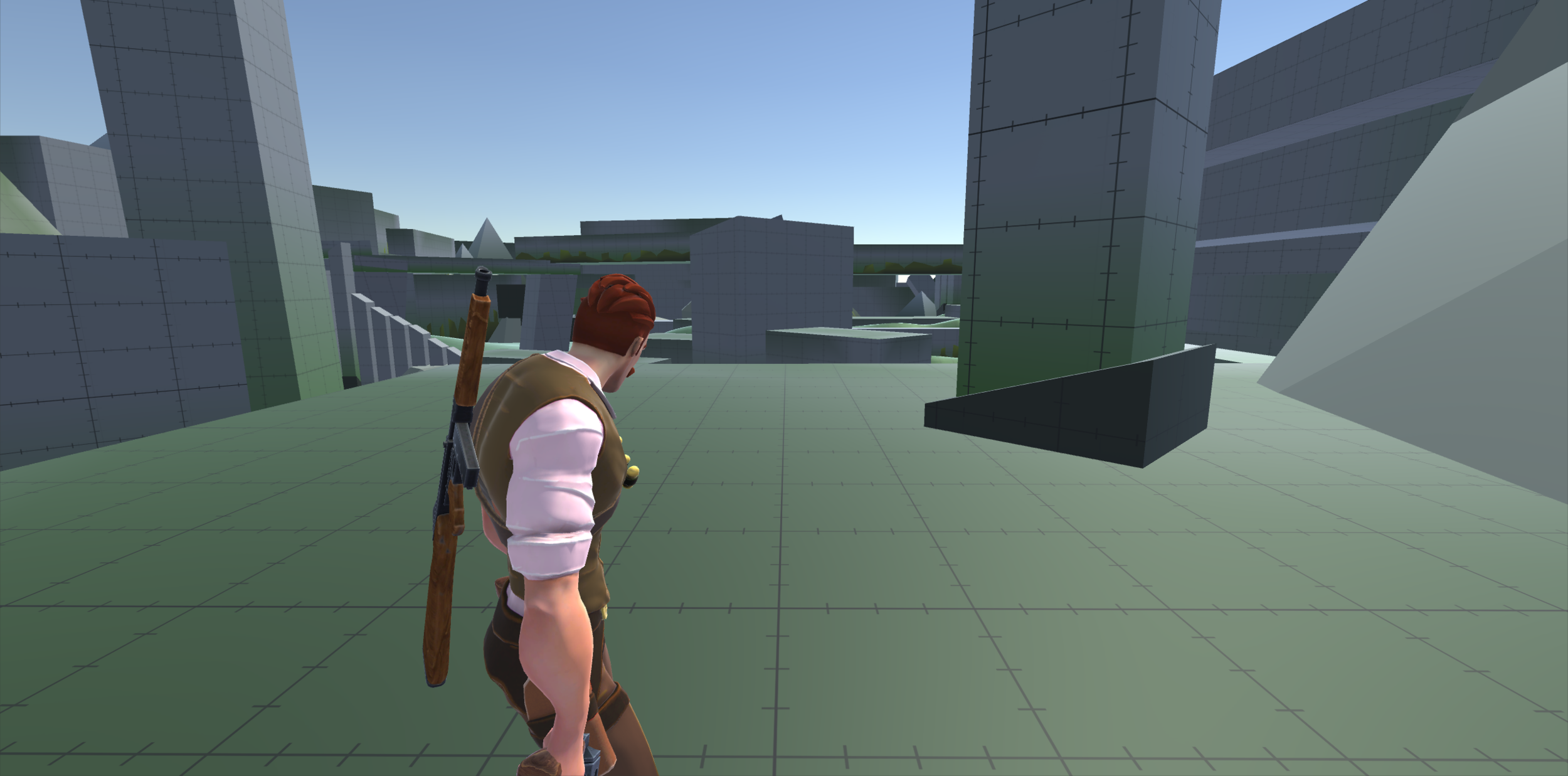







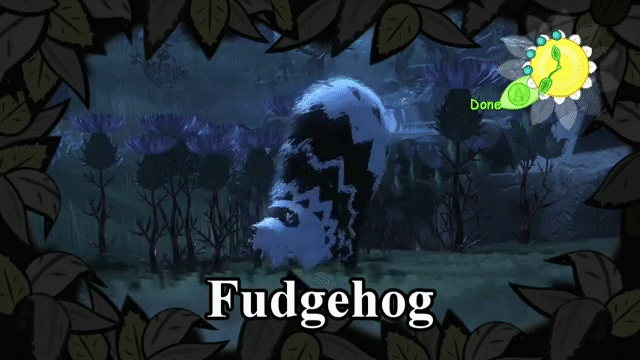




![Heavy Rain notoriously asked players if cutting off their finger was worth more information on their son’s kidnapper. [1]](https://images.squarespace-cdn.com/content/v1/5a2ea8c8017db2454c71d219/1557244268052-C9LTUSPUYQJ4AAC0BD9O/maxresdefault.jpg)
![Look at all these mouths I have to feed as Arthur in Red Dead Redemption II. [2]](https://images.squarespace-cdn.com/content/v1/5a2ea8c8017db2454c71d219/1557244588324-CUIMN9PILJ1ZSVP8T78M/Dutch%27s_Gang.jpg)
![Kratos and his son Boy are surviving together in God of War (2016). [3]](https://images.squarespace-cdn.com/content/v1/5a2ea8c8017db2454c71d219/1557244688214-9BRX06IKSJYLQUNVJ00G/God-of-War-Atreus-L.jpg)
![Joel’s new daughter is the only thing that matters to him anymore in The Last of Us. [4]](https://images.squarespace-cdn.com/content/v1/5a2ea8c8017db2454c71d219/1557244667109-QB8FINUJY3PUAJY5455J/31170-Ellie-dark-dark_hair-The_Last_of_Us-apocalyptic-video_games-Joel.jpg)







